How to Start Your Own Influencer Marketing Agency
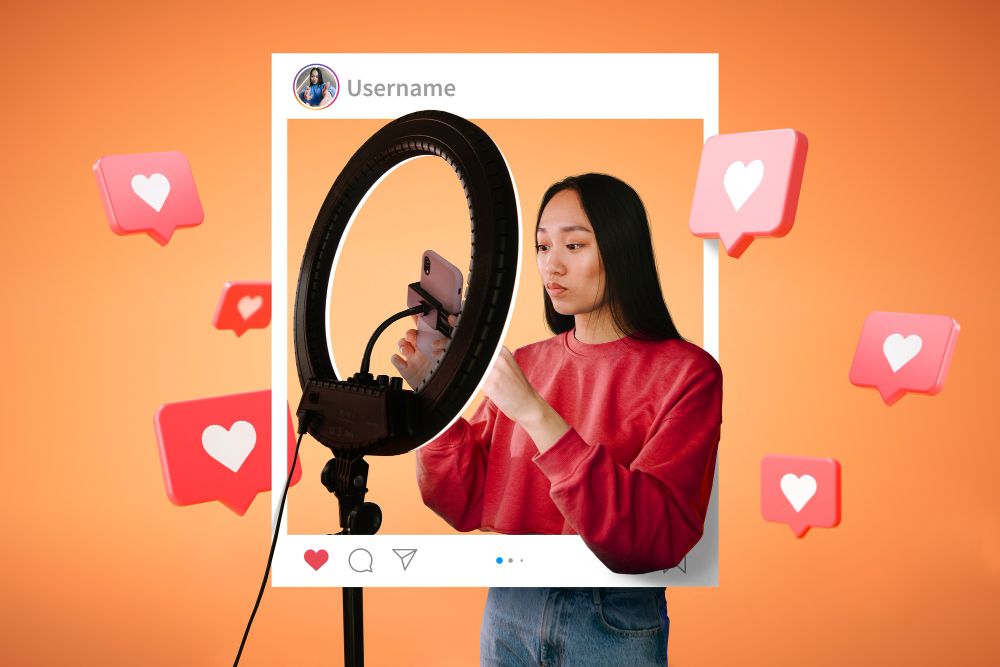
Launching an influencer marketing agency means entering one of the fastest-growing sectors in digital advertising. These agencies help brands connect with online creators who can sway purchasing behavior through authentic content. Whether targeting Gen Z on TikTok or professionals on LinkedIn, the right influencer strategy boosts reach and builds consumer trust. For marketers, business owners, and aspiring founders, starting an agency is both a business opportunity and a creative challenge worth exploring.
“Influencer marketing is one of the most cost-effective ways to reach new audiences and build trust—because people trust people, not logos.” — Neil Patel
Influencer marketing isn’t limited to flashy product placements. It's become a data-backed channel that agencies use to craft measurable outcomes for campaigns across industries—from beauty to B2B tech. And as ad fatigue grows, brands now seek influencer partnerships that go beyond vanity metrics and deliver real ROI.
What Influencer Marketing Agency Does
A professional agency within this space acts as a strategic and operational partner. From selecting the right creators to measuring conversions, an influencer agency ensures every campaign aligns with brand objectives.
What is Influencer Marketing Agency?
An influencer marketing agency is a specialized firm that connects brands with social media personalities to execute campaigns across platforms like Instagram, YouTube, TikTok, and emerging channels. It serves both startups and global corporations seeking structured, scalable influencer programs.
Think of the agency as both matchmaker and campaign architect. It doesn’t simply pair brands with influencers—it curates creator partnerships based on goals, audience data, and market trends. This precision enables agencies to outperform random outreach or one-off collaborations managed in-house.
Core Influencer Marketing Agency Functions
A well-run agency manages multiple layers of execution:
-
Influencer discovery: Using tools or proprietary databases, agencies identify influencers by niche, audience demographics, and performance metrics.
-
Outreach and negotiation: The agency contacts potential partners, negotiates deliverables and pricing, and ensures contracts comply with advertising laws.
-
Campaign tracking: Throughout the activation, agencies monitor post frequency, content quality, engagement rates, and audience sentiment.
-
Reporting and insights: Post-campaign, detailed analytics are compiled to evaluate success and inform future strategies.
These workflows reduce operational friction for brands and keep influencer marketing aligned with broader digital goals.
Benefits Influencer Marketing Brings to Brands
When deployed strategically, influencer collaborations yield multiple business advantages:
-
High engagement rates: Influencers often outperform brand accounts in likes, shares, and comments due to stronger audience rapport.
-
Brand trust: Endorsements from trusted voices can elevate credibility, especially in niche markets.
-
User-generated content: Campaigns often yield reusable content assets for ads, websites, and social proof.
-
Cost-efficient conversions: Compared to traditional media, influencer campaigns frequently show a lower cost per acquisition (CPA), especially with micro and nano influencers.
For agencies, these benefits translate into measurable ROI that attracts repeat clients and long-term contracts.
Influencer Marketing Agency Service Types
Influencer agencies often provide tiered or customizable services based on brand maturity, industry, and campaign goals:
-
Strategy development: Aligning influencer efforts with broader brand and media strategies.
-
Influencer matchmaking: Vetting and selecting creators using both qualitative and quantitative data.
-
Campaign execution: Managing timelines, content briefs, compliance, and approvals.
-
Performance analytics: Tracking engagement, reach, conversions, and sentiment to assess impact.
-
Digital amplification: Boosting influencer content via paid ads, email marketing, or PR to maximize reach.
Some agencies offer white-label or niche-specific solutions, focusing solely on industries like beauty, gaming, or SaaS. The variety of service models allows agencies to differentiate and scale efficiently.
Pro tip: Niche specialization can be a competitive edge. A B2B-focused influencer marketing agency, for example, may develop entirely different success metrics and workflows compared to an agency working with fashion influencers.
10 Steps to Create Influencer Marketing Agency
Starting an influencer marketing agency involves more than networking with creators—it requires a structured approach to digital strategy, service design, legal setup, and operations. With the right foundation, an agency can serve as a valuable partner for brands seeking efficient, performance-driven influencer campaigns.
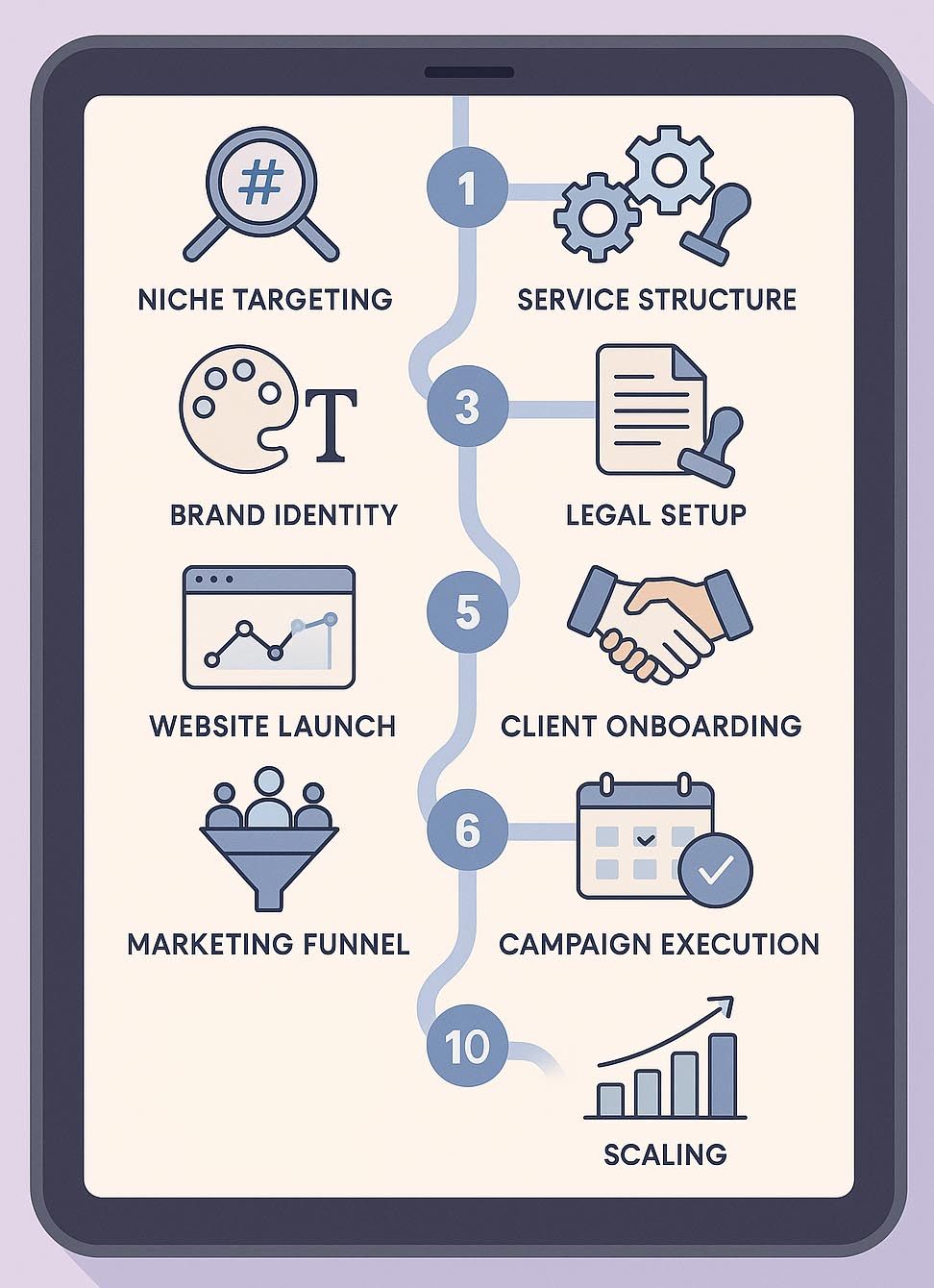
Here’s a practical roadmap to build and grow a successful influencer-focused marketing business from the ground up.
Step 1 – Choose Influencer Marketing Niche
Specialization gives your agency a competitive edge. Rather than targeting everyone, focus on a specific vertical or platform:
-
By industry: fashion, tech, fitness, food, or finance
-
By platform: YouTube reviews, Instagram reels, TikTok tutorials
-
By audience: Gen Z, moms, luxury shoppers, gamers

Agencies that carve out a niche can tailor influencer strategies and pitch with greater authority. This helps secure clients who value domain expertise over generic marketing support.
Step 2 – Define Core Services and Agency Model
Clarify what type of influencer services your agency will offer. Options include:
-
Influencer matchmaking based on campaign goals
-
Campaign execution with end-to-end delivery
-
Performance analytics and ROI reporting
-
Talent management for long-term creator partnerships
-
Full-service digital marketing combining paid media, influencer campaigns, and creative production
Choose a model that matches your resources and long-term positioning—whether boutique and specialized or tech-driven and scalable.
Step 3 – Register and Legally Structure Your Agency
Forming a legal entity ensures operational credibility and reduces liability. Most agencies opt for:
-
LLC (Limited Liability Company) for flexibility and tax benefits
-
Corporation for investor readiness and team growth
Don’t overlook essentials like a dedicated business bank account, EIN, and standard influencer and client contracts. These elements signal professionalism and safeguard your business.
Step 4 – Build a Strong Digital Brand Identity
A compelling agency identity builds recognition and trust. Elements to develop include:
-
Brand name and logo
-
Visual identity (color palette, fonts, layout system)
-
Tone of voice and key messaging
-
Value proposition for brands and influencers
Consistency across social media, web presence, and client materials helps establish your credibility in a crowded marketing landscape.
Step 5 – Create Influencer Agency Website
An agency website acts as a digital storefront. It must clearly explain your marketing services and showcase real influencer work.
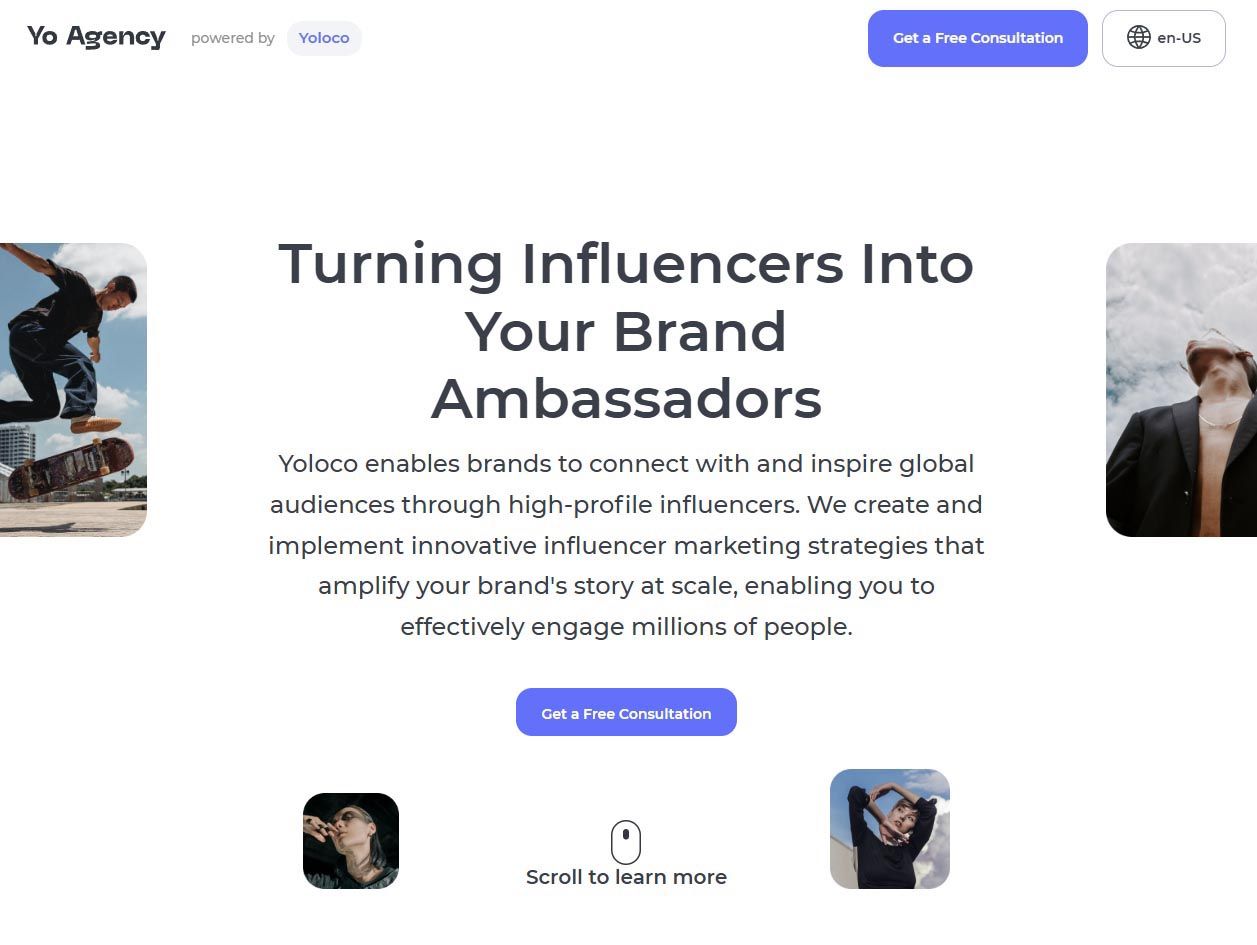
Key elements:
-
Conversion-optimized service pages
-
Influencer campaign case studies with outcomes
-
Lead capture forms and live chat
-
Blog content optimized for marketing and agency-related search terms
Include trust signals like testimonials, platform certifications, or partner logos to reinforce legitimacy.
Step 6 – Set Up Your Marketing and Sales Funnel
Without a steady stream of leads, an agency struggles to grow. Use digital tools and content strategies to fill your pipeline:
-
SEO and blogging on influencer trends, platform tips, and case studies
-
Paid ads on LinkedIn, Meta, or Google targeting marketing leads
-
Cold outreach to eCommerce brands and digital-first businesses
-
CRM setup to track leads and automate follow-ups
Tools like HubSpot, Pipedrive, or Close can help agencies manage prospects and convert them efficiently. 📈 Consistent lead generation = sustainable revenue. Prioritize visibility and follow-through.
Step 7 – Develop Influencer Recruitment System
To serve clients well, you need a vetted network of creators. Build this database using:
-
Influencer discovery platforms (e.g., Upfluence, CreatorIQ, Tagger)
-
Hashtag and keyword search on Instagram, TikTok, and YouTube
-
Direct outreach with clear incentives
Set internal benchmarks for authenticity, engagement rate, follower demographics, and brand safety to avoid reputational risks.
Step 8 – Secure Initial Clients and Case Studies
Early proof matters. Offer discounted campaigns or trial runs to pilot clients. Focus on:
-
Clear KPIs (reach, engagement, conversions)
-
Documenting each stage of execution
-
Capturing testimonials and data visuals
One well-executed campaign can be leveraged across pitch decks, sales emails, and your agency site to win future clients.
Step 9 – Launch and Optimize Campaign Execution Process
Use standardized operating procedures (SOPs) to maintain quality and consistency:
-
Creator briefing templates
-
Campaign tracking dashboards
-
Real-time communication tools (e.g., Slack, Notion, ClickUp)
-
Escalation workflows for delays, errors, or content issues
Tools like HypeAuditor, GRIN, or Sprout Social can streamline your campaign operations, from briefing to reporting.
Step 10 – Track Performance and Scale Your Agency
Growth requires data. Implement systems to report campaign impact and agency health:
-
Analytics platforms to monitor engagement, conversions, and sentiment
-
Client reports with benchmarks and actionable insights
-
Internal KPIs like average campaign margin, time to delivery, and repeat business rate
Once workflows are stable, begin scaling through new hires, automation, or expanded service offerings.
Keep Your Influencer Marketing Agency Thriving
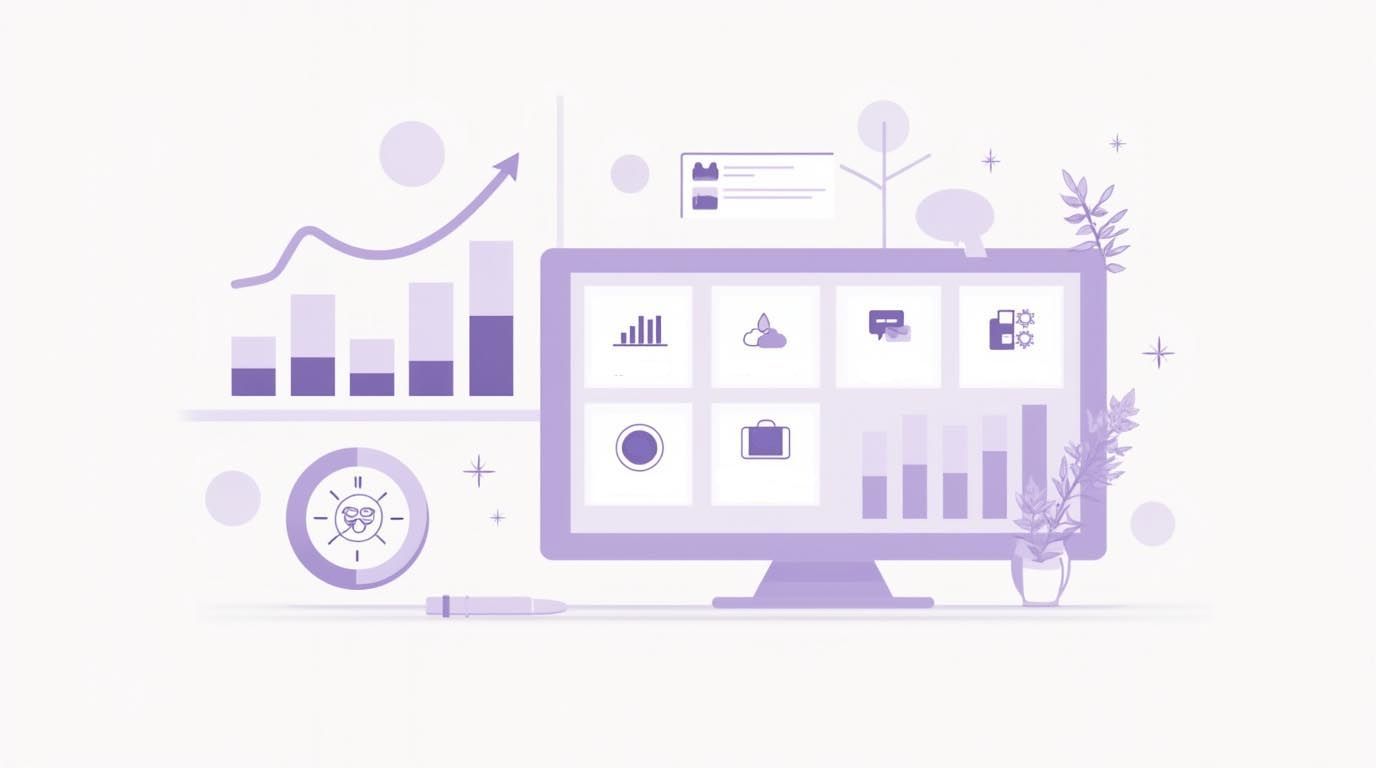
Running a successful influencer marketing agency doesn’t end at launch. Sustainable growth demands operational efficiency, data-informed decisions, and strong relationship management. As the digital landscape evolves, thriving agencies focus on scalability, retention, and reputation protection to secure long-term impact. Here’s how to ensure your influencer-focused marketing agency grows intelligently and maintains its competitive edge.
Focus on Retention Over Acquisition
Acquiring new marketing clients is costly—retention is more efficient and profitable. Agencies that consistently deliver measurable results earn recurring contracts and word-of-mouth referrals.
Key practices for client retention:
-
Maintain transparent communication on campaign progress
-
Deliver consistent reporting with actionable insights
-
Offer strategic recommendations, not just execution
-
Provide occasional value-adds like trend forecasts or early-access creator insights
Happy clients become long-term partners, reducing churn and stabilizing revenue.
Invest in Scalable Digital Infrastructure
As campaigns grow, so do operational demands. A scalable digital stack enables smooth workflows without overwhelming your team. Essentials include:
-
CRM systems like HubSpot or Salesforce to manage leads and client communications
-
Project management tools like Monday.com or Asana for tracking deliverables
-
Analytics platforms (e.g., Google Looker Studio, Meltwater) to visualize influencer KPIs
These tools help your agency deliver consistent value without sacrificing quality as volume increases. ⚙️ Efficient systems = time saved + client confidence.
Build Long-Term Influencer Relationships
Transactional influencer outreach leads to inconsistent results. Long-term partnerships with trusted creators offer multiple advantages:
-
Faster campaign setup and better collaboration
-
Stronger alignment with brand values and messaging
-
Improved content authenticity and engagement rates
Your agency benefits from maintaining a reliable, vetted creator roster across verticals and platforms.
Measure What Matters and Act on Insights
Move beyond surface-level metrics. Engagement rates alone don’t prove success. Monitor:
-
Conversion rates and cost-per-action
-
Brand sentiment (via comments, DMs, social listening)
-
Creator-specific performance patterns
-
Attribution paths from influencer content to sales or site visits
Use this intelligence to refine future campaigns and optimize influencer selection.
Diversify Your Revenue Streams
Influencer work opens the door to additional services. Consider offering:
-
Paid social amplification of influencer content
-
Digital PR to extend earned media reach
-
Content production for ads, websites, or email marketing
-
Brand ambassador programs for ongoing partnerships
Diversifying services increases average contract size and shields your agency from platform-specific revenue fluctuations.
Keep Your Team Educated and Agile
Marketing agencies must evolve in sync with digital platforms. Encourage continual learning through:
-
Monthly training sessions or workshops
-
Access to courses on influencer trends, platform updates, and compliance
-
Internal testing of new platforms or content formats
Agile teams outperform static ones—especially in a fast-moving space like influencer marketing.A sharp team equals stronger strategy and better campaign execution.
Automate Repeatable Tasks Without Losing Personal Touch
Automation frees up resources, but balance is key. Automate where efficiency matters:
-
Campaign reminders and deadline follow-ups
-
Influencer vetting criteria via platform filters
-
Report generation using analytics tools
For client and creator communication, keep things personalized. Relationships are still the foundation of successful marketing work.
Protect Your Agency's Reputation and IP
One misstep can damage years of brand building. Protect your agency with:
-
Clear service agreements and influencer contracts
-
NDAs with team members, clients, and creators
-
Standardized content review processes
-
Monitoring for compliance with FTC and platform disclosure guidelines
-
Digital asset security protocols (cloud storage, password managers, access rights)
Reputation is non-negotiable—protect it like your top-performing campaign.
What Is the Best Influencer Agency?
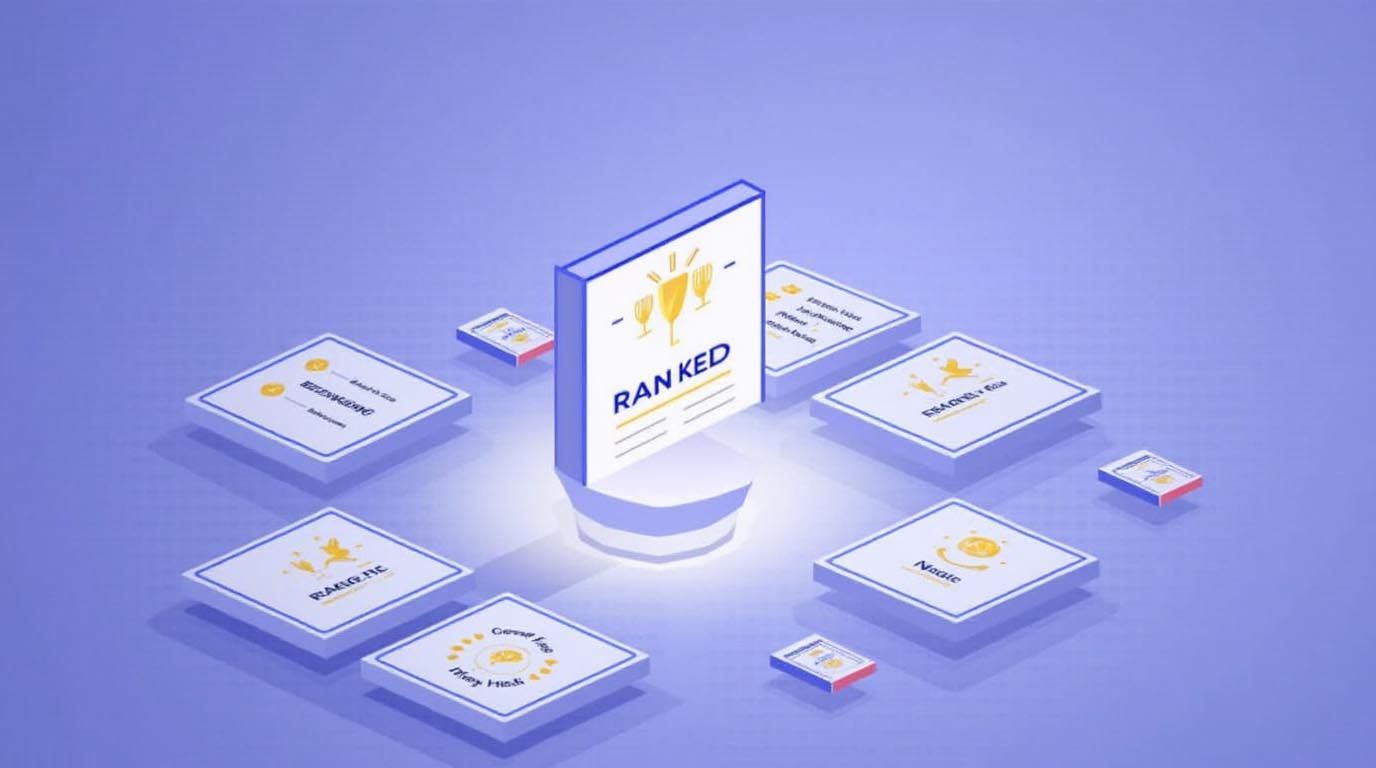
Top influencer marketing agencies distinguish themselves through strategic creator partnerships, cross-platform expertise, and measurable digital marketing outcomes. These firms help brands—whether scaling or enterprise-level—maximize ROI through tailored influencer strategies.
Here are five standout agencies leading the space:
-
Obviously – Offers end-to-end influencer services supported by proprietary tech. Known for managing global campaigns with thousands of creators across TikTok, Instagram, and YouTube.
-
The Shelf – Blends influencer marketing with lifestyle storytelling. Ideal for brands in fashion, beauty, and parenting verticals looking for long-form content and engagement-focused campaigns.
-
YOLOCO – A performance-oriented influencer marketing platform that helps agencies and brands identify relevant creators, verify audience authenticity, benchmark competitors, and optimize campaign ROI. Ideal for data-driven decision-making and scalable campaign execution.
-
Viral Nation – Merges influencer marketing with paid media and social strategy. Strong in gaming, tech, and emerging media sectors.
-
IMA (Influencer Marketing Agency) – Europe-based agency offering high-end campaign execution, influencer matchmaking, and strategic
Frequently Asked Questions on Influencer Marketing
What are the 3 R's of influencer marketing?
The 3 R's of influencer marketing are:
-
Relevance: Ensuring the influencer's content aligns with the brand's message and appeals to the target audience.
-
Reach: Evaluating the number of people who follow the influencer, indicating the potential audience size for the brand's message.
-
Resonance: Assessing the level of engagement the influencer's content receives, such as likes, comments, and shares, which reflects the impact on the audience.
These criteria help brands select influencers who can effectively promote their products or services.
Is influencer marketing worth it?
Yes, influencer marketing has proven to be a valuable strategy for many brands. On average, businesses earn $5.78 for every dollar spent on influencer marketing, with the top 13% achieving returns of $20 or more per dollar invested. This indicates a strong return on investment, making it a worthwhile endeavor for companies aiming to enhance brand awareness and drive sales.
Which industry uses influencers the most?
The beauty and fashion industry is among the leading sectors utilizing influencer marketing. The visual nature of these industries aligns well with platforms like Instagram, YouTube, and TikTok, where influencers showcase products through tutorials, reviews, and styling tips. This approach effectively drives consumer engagement and purchasing decisions.
What is the average ROI for influencer marketing?
The average return on investment for influencer marketing is approximately $5.78 for every $1 spent. Notably, the top 13% of businesses report returns of $20 or more per dollar invested, highlighting the potential for significant profitability when campaigns are well-executed.
18.04.2025
331 article view
Similar articles
29.08.2025
Multi-Platform Influencer Strategies: Maximizing Reach Across All Channels
The digital marketing landscape has transformed dramatically, with influencer marketing emerging as a...
30.05.2025
How to Create An AI Influencer For Free for Instagram
The industry is evolving rapidly, shaped by the growing influence of AI technology. Among the most compelling...
18.04.2025
Difference Between Affiliate Marketing and Influencer Marketing
Choosing between affiliate and influencer marketing depends on your brand’s goals, audience, and performance...